
By Elizabeth PUNSU
A transformative agricultural initiative, led by Mastercard Foundation in partnership with Agri-Impact Limited, is set to reduce the country’s food import bill by GH¢200million while creating over 326,000 jobs for young people nationwide.
Dubbed the ‘Harnessing Agricultural Productivity and Prosperity for Youth (HAPPY)’ programme, the initiative focuses on four key value chains – rice, soya, tomatoes and poultry – identified as high-impact sectors heavily reliant on imports.
The HAPPY programme aligns with Ghana’s broader vision of economic resilience and youth empowerment, offering homegrown solutions to long-standing challenges in the agricultural sector.
Speaking at the HAPPY Agri-SMEs and Microentrepreneurs kick-off event in Kumasi, Juliana Asante-Dartey, Deputy Chief Executive Officer of Agri-Impact, said the programme seeks to boost productivity across the selected value chains by 22 percent over the next four years.
“Most of the poultry we consume is imported. We bring in large volumes of tomatoes from neighboring countries. Our poultry and food processing industries depend heavily on soya, yet we’re not producing enough locally.
“Through the HAPPY programme, we aim to produce about 8 million broilers and increase national food production by 189,000 metric tonnes by end of the fourth year. This will help bridge the food supply gap and reduce our import bill by GH¢200million,” Ms. Asante-Dartey said.
The programme is also designed to deliver significant socio-economic benefits. By 2027 it aims to create 326,000 “dignified and fulfilling” job opportunities for Ghanaian youth, with a strong emphasis on inclusion.
At least 70 percent of these roles will be reserved for young women, with additional support mechanisms for persons with disabilities.
Currently operational in 51 districts across 14 regions and 238 communities, the HAPPY project is already gaining momentum with thousands of young people engaged in training and production activities.
Ms. Asante-Dartey noted that by the end of the four-year period, the program hopes not only to transform youth employment but also to strengthen the private sector’s role in building national food security.
Targetting youth aged 15 to 35, the HAPPY programme is being implemented by a robust eight-member consortium comprising TechnoServe, Newage Agric Solutions, National Service Authority (NSA), Ghana CARES (MiDA), Ghana Enterprises Agency (GEA), Ministry of Food and Agriculture (MOFA), Catholic Relief Services (CRS) and Jobberman.
Making agriculture attractive to the youth
Agriculture Lead at the Mastercard Foundation, Daniel Ninson, reiterated the programme’s goal of making agriculture a more attractive and viable option for young people.
“It’s an undeniable fact that agriculture remains one of Ghana’s largest employers, yet many young people view it as unattractive or inaccessible. HAPPY is changing that narrative – unlocking opportunities across the entire agricultural value chain: from processing to logistics, distribution, input supply, agritech solutions and climate-smart farming,” he said.
He emphasised that Mastercard Foundation’s vision is rooted in the belief that young people are central to Africa’s prosperity.
“Through programmes like HAPPY, we are investing in young entrepreneurs, women-led businesses and growth-oriented enterprises that form the backbone of our economies – especially in agriculture,” Mr. Ninson added.
TechnoServe’s role in the program
As part of the consortium, TechnoServe is tasked with supporting value chain development, entrepreneurship, gender inclusion, marketing and fund management.
TechnoServe will directly support 21 agri-SMEs across all four value chains with the goal of creating 13,440 jobs for youth.
Their interventions include: Managing a US$441,671 micro-grant to provide start-up capital for 228 youth, particularly young women and persons with disabilities; administering a US$565,680 catalytic fund to support 16 selected agri-SMEs with business reengineering assistance; and overseeing a US$135,000 innovation grant aimed at pilot-testing crop insurance in high-risk project areas.
The post Mastercard Foundation’s project targets GH¢200m import reduction, 326,000 jobs appeared first on The Business & Financial Times.
Read Full Story
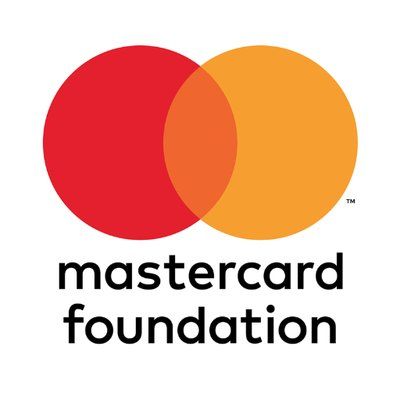
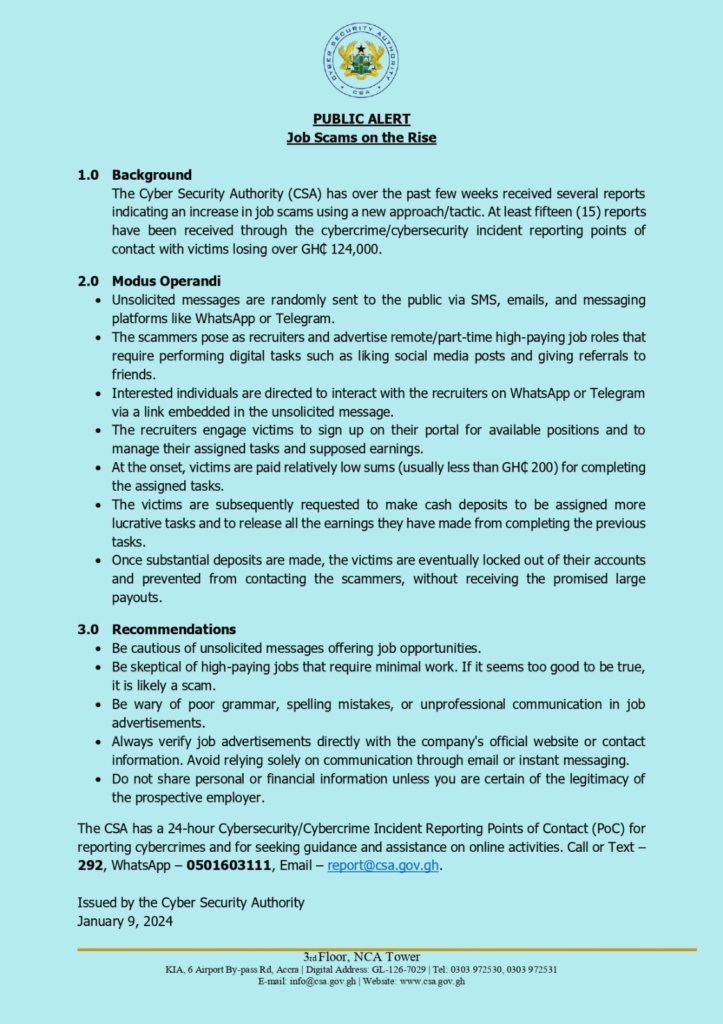

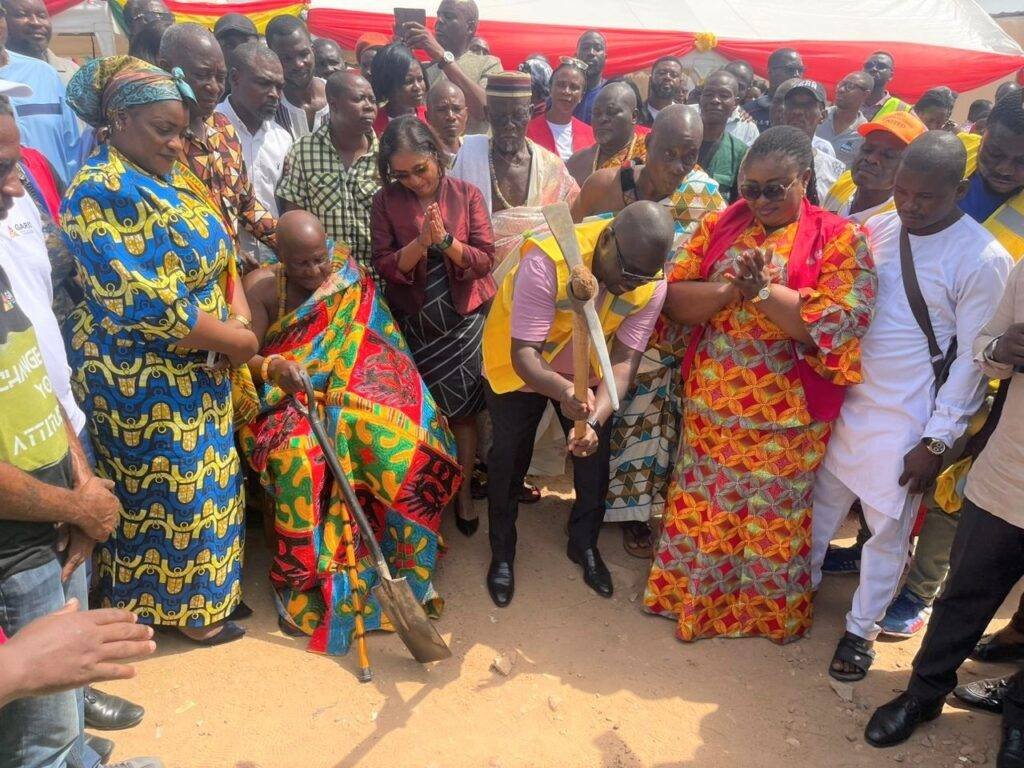





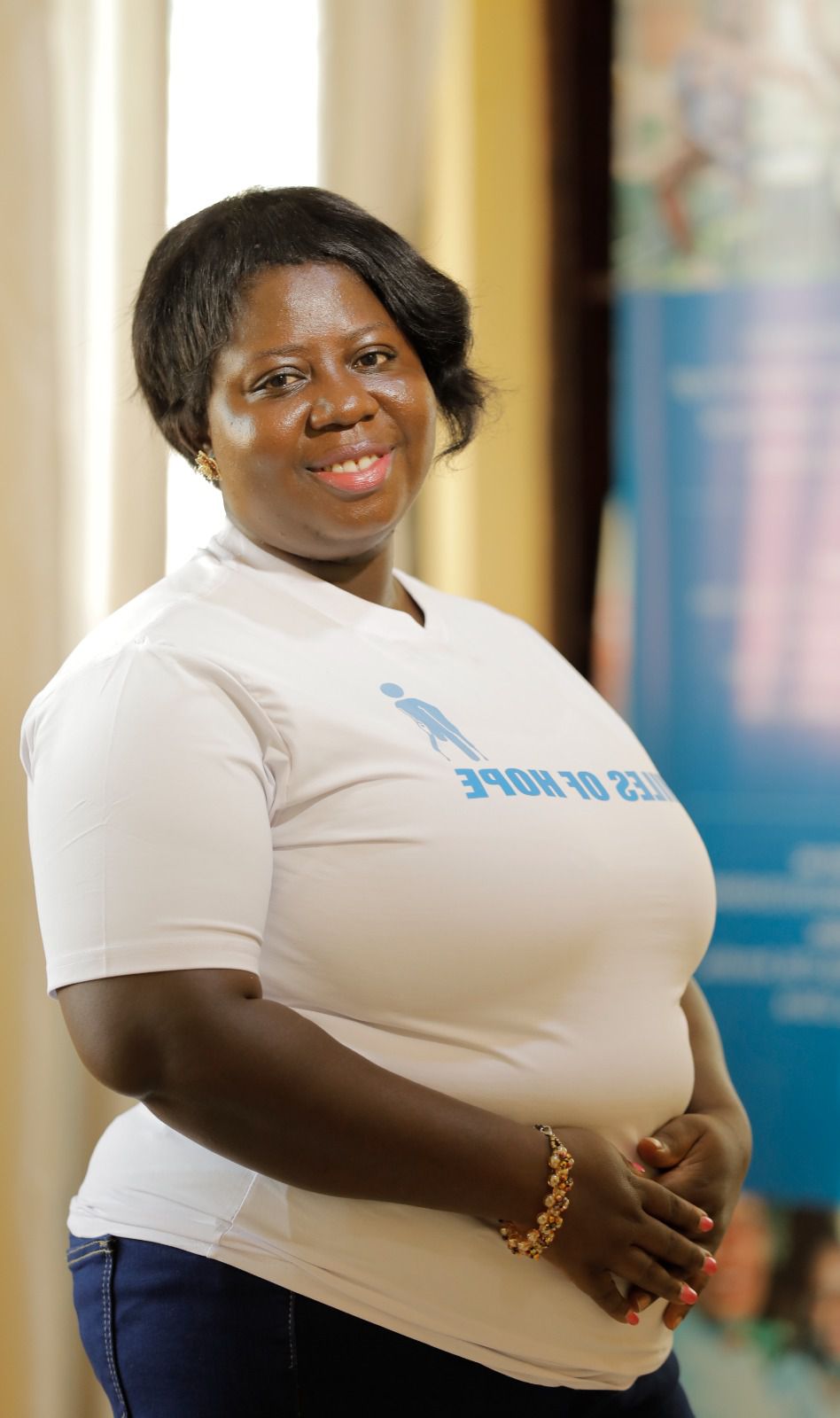





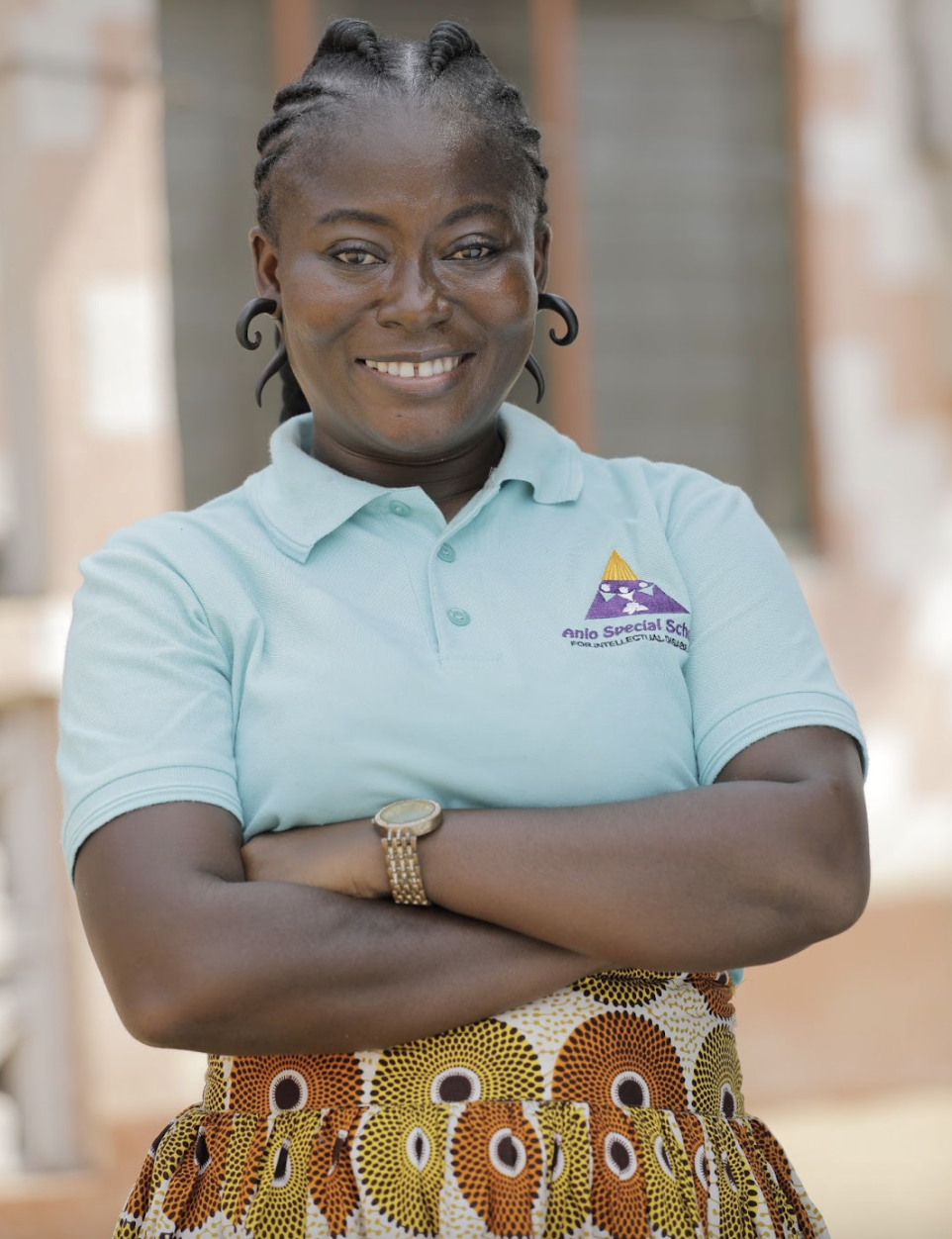



Facebook
Twitter
Pinterest
Instagram
Google+
YouTube
LinkedIn
RSS